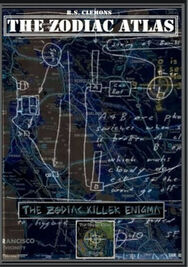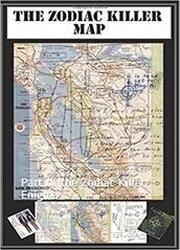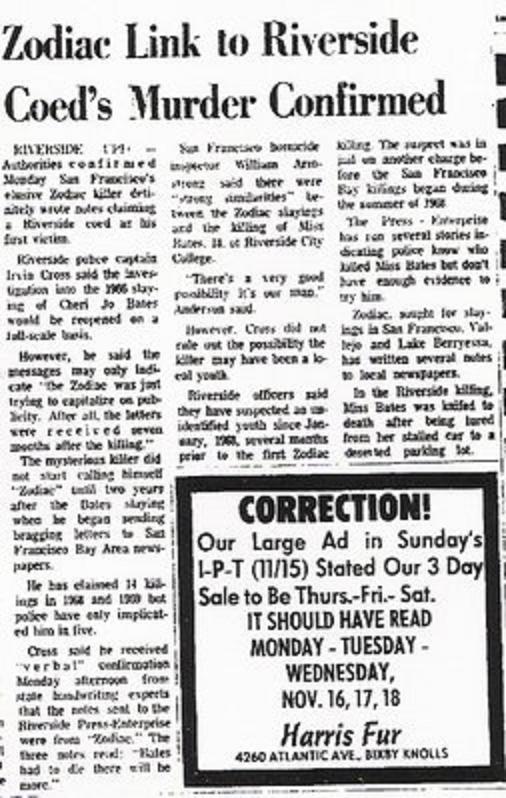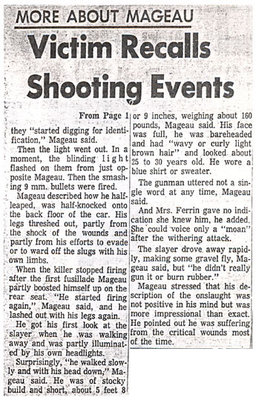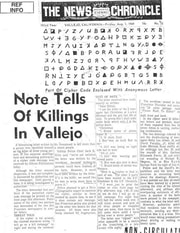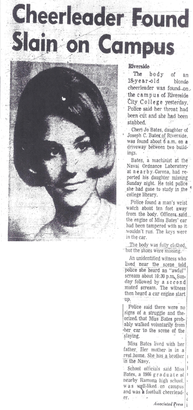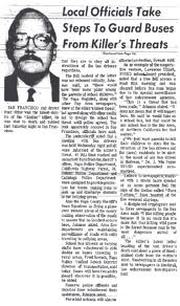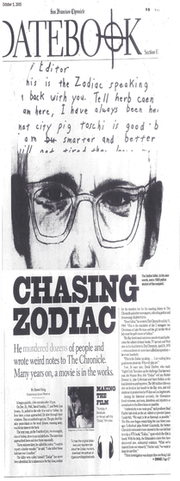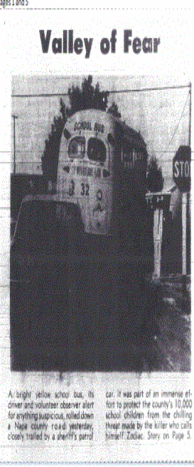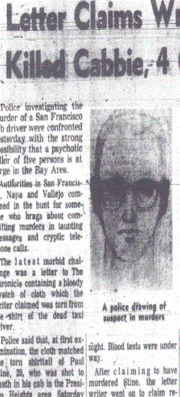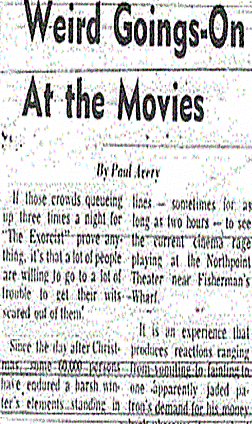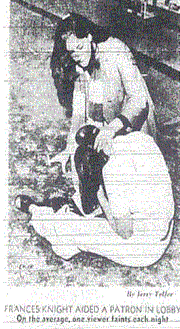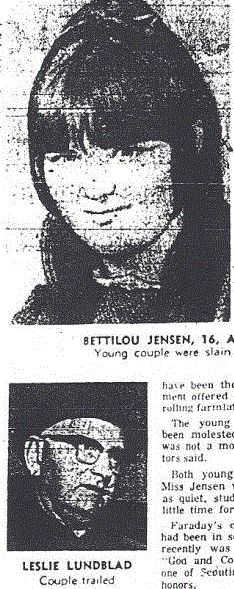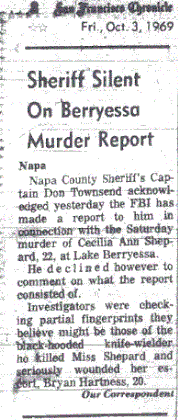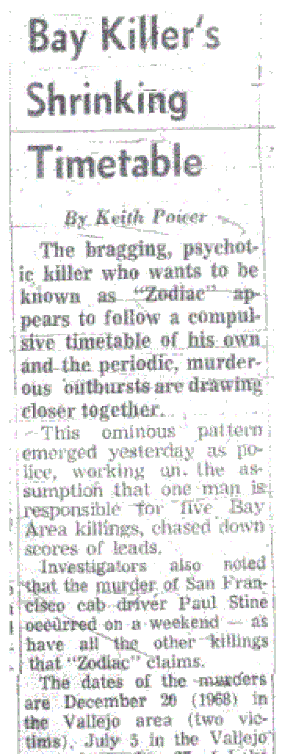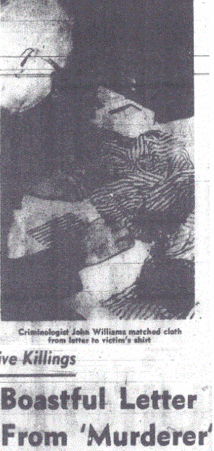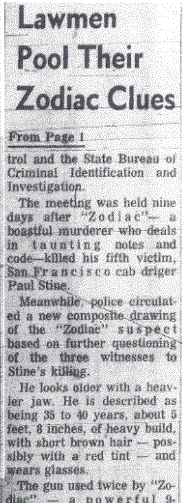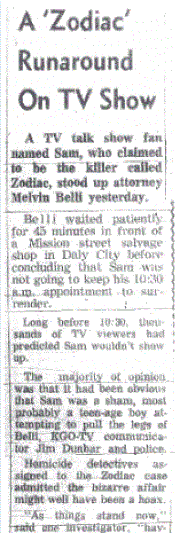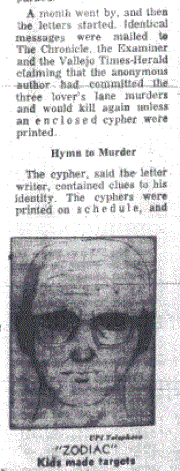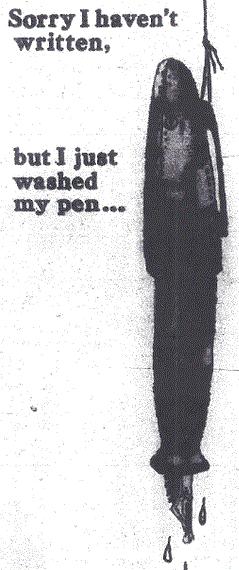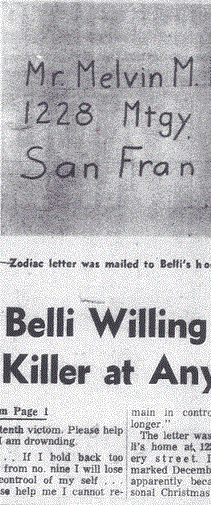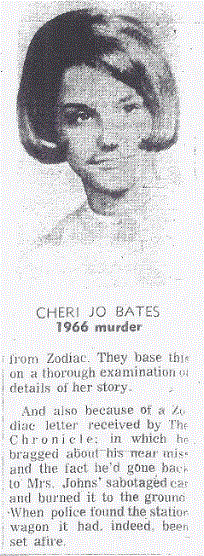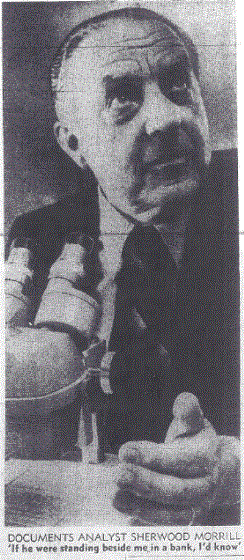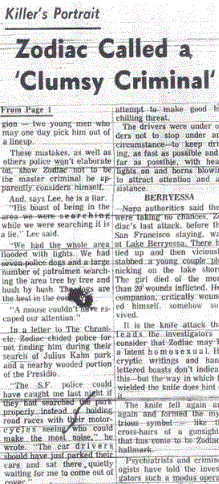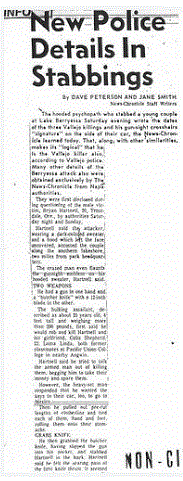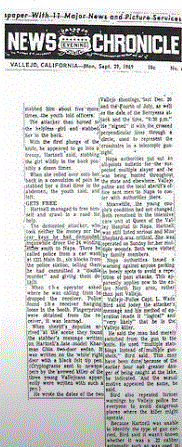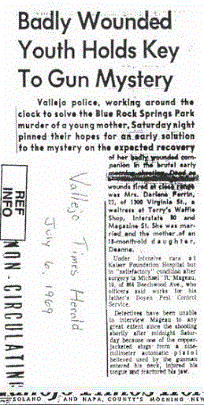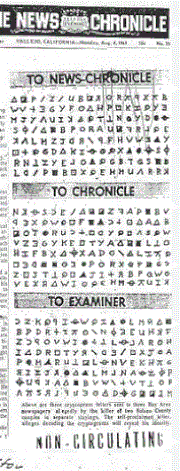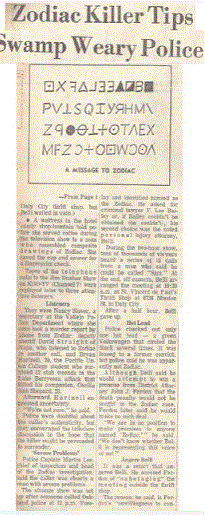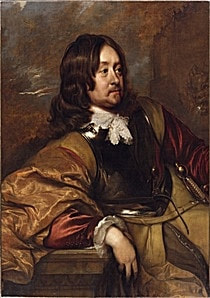 Edward Hyde, Earl of Clarendon
Edward Hyde, Earl of Clarendon David Oranchak of ZodiacKillerCiphers highlighted the text of Edward Hyde, Earl of Clarendon, present in the 408 Cipher, in his article entitled 'Throw the book at him, Part 3'. The section of text is from a book called 'The life of Edward, Earl of Clarendon, lord high chancellor of England: Volume 2': Forty-six consecutive letters from this text corresponds with a section of the 408 cipher. Dave Oranchak, the foremost expert on the Zodiac ciphers, commented on this "So, only one piece of text, from a vast collection of eleven billion pieces of text, fit into this chunk of cipher text. A one in eleven billion chance seems to suggest some significance. But don’t be fooled by this. Just because this rare event occurred, doesn’t mean it is anything more than a simple coincidence. If we didn’t already know the real solution to the 408, how do we know that this chunk of old and obscure text isn’t the correct solution?" I wanted to validate or refute whether this was a simple coincidence or not by examining whether the works of Edward, Earl of Clarendon featured anywhere else in Zodiac or Riverside correspondence. One wouldn't envisage many American criminals using the writings of a seventeenth century English statesman to form part of their serial murder exploits, and certainly not without access to a comprehensive library of books.
This is when I noticed another piece of obscure text from Edward, Earl of Clarendon and flew back to the last piece of notable text from the presumed Zodiac Killer on the Riverside desktop - the title of which was "sick of living/unwilling to die." One of Edward Hyde's quotes was “They who are most weary of life, and yet are most unwilling to die, are such who have lived to no purpose, — who have rather breathed than lived.” http://izquotes.com/quote/385232. Although not perfect, I couldn't help wondering if the Zodiac Killer was recalling from memory, as he did his paraphrasing of 'The Mikado'. Had he plagiarized "weary of life, unwilling to die" to "sick of living, unwilling to die," and would then later hide another section of Edward Hyde's text in the 408 cipher, as a form of link between the murder in Riverside and the Bay Area.
Edward Hyde, Earl of Clarendon was also an avid user of ciphers as revealed here in literary manuscripts;
"Naturally a substantial portion of Clarendon's surviving manuscripts comprises his personal correspondence — both letters received by him from numerous correspondents and his own letters, written or signed by him, whether drafts, retained copies, or the letters actually sent. Among many notable examples are his letters written in August 1646 to William, Lord Widdrington, and to Sir John Berkeley, announcing the beginnings of his History of the Rebellion, and the letter he wrote on 12 November 1646, to Sir Edward Nicholas, describing his plan for the work and stating that he had already completed sixty sheets of it. Some of his letters, particularly those dating from the Civil War period, are wholly or partly in cipher or make use of pseudonyms in both salutations and signatures. The codes to sixteen such ciphers used by the Royalists are written out in Bodleian, MS Clarendon 94, and see also British Library,"
However, are there any alternatives to Edward Hyde - someone that possibly connects the 'Confession' letter and Riverside 'Desktop Poem' together, using the title of each communication. I have always believed the Zodiac Killer was driven by some form of warped religion - one that drove him to the confession box after each crime and manifested in the form of letters mailed to the newspapers and police. Using the Riverside library as our primary focus once again, did the works of an early Christian theologian and philosopher influence the writings of Zodiac?
'Peter A Fiore concludes that John Milton (an English poet, author of Paradise Lost, polemicist, man of letters, and civil servant for the Commonwealth of England) like many humanists, Christian philosophers, Reformers, and theologians of every variety in the early seventeenth century, drew widely from Augustine and that such indebtedness gave a richer and fuller theological dimension to his epic of lost paradise and enhanced the meaning of the poem.'
link The Augustine he is referring to is St Augustine of Hippo (13 November 354 - 28 August 430), a Roman African, Christian theologian, whose writings influenced the development of Western Christianity and Western Philosophy. His work was translated by many individuals, but here are a few examples:
1] "Now is not the time for asking questions but for confessing to You. I was wretched, just as every mortal soul is wretched who is bound to the friendship of mortals. We are torn to pieces when we lose them, and so become aware of how wretched we were, even before we lost them. This is the way it was with me. I wept bitterly, and found rest only by weeping. I was so wretched that I held that life of wretchedness to be more dear to me than the friend for whom I wept. Even though I wanted to change it, I was more unwilling to lose it than I had been to lose my friend. Actually, I doubt that I would be willing to lose it even for him, as it is said of Orestes and Pylades, if that is true, that they would have gladly died for each other, or both died at the same time, rather than living part from each other. But I had begun to be afflicted with a strange kind of feeling, different from theirs. I cannot explain it, but I was tired of living and yet, I was afraid to die." link.
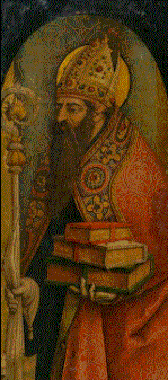 St Augustine
St Augustine 3] "But in me there was an odd kind of feeling, the exact opposite of theirs, for I was at once utterly weary of life and in great fear of death." link.
4] "I was at the same time thoroughly tired of living and extremely frightened of dying.”
link.
Was this a case of the Zodiac Killer recalling the literary work of another, as he did with Gilbert and Sullivan's The Mikado, but paraphrasing it. However, in this instance, the author chose sick of living/unwilling to die as his title of the 'Desktop Poem'. On its own, this connection could appear a little unconvincing, but the author of the Riverside 'Desktop Poem' may have mailed correspondence to the Riverside Homicide Detail and Riverside Press Enterprise on November 29th 1966, in the form of letters entitled 'The Confession'.
Two weeks after the October 30th 1966 murder of Cheri Jo Bates, the Riverside Police staged a library reconstruction of the crime on November 13th 1966. The probable murderer then mailed the 'Confession' letters. St Augustine of Hippo wrote the Confessions (in which the above examples of text are contained), an autobiographical piece of work consisting of 13 books. "The Confessions of Saint Augustine in order to distinguish the book from other books with similar titles. Its original title was Confessions in Thirteen Books, and it was composed to be read out loud with each book being a complete unit. Confessions is generally considered one of Augustine's most important texts. It is widely seen as the first Western autobiography ever written, and was an influential model for Christian writers throughout the Middle Ages. Professor Henry Chadwick wrote that Confessions will "always rank among the great masterpieces of western literature." link. St Augustine of Hippo was born on November 13th, the exact date of the library reconstruction.
"The City of God Against the Pagans (Latin: De civitate Dei contra paganos), often called The City of God, is a book of Christian philosophy written in Latin by Augustine of Hippo in the early 5th century AD. The book was in response to allegations that Christianity brought about the decline of Rome and is considered one of Augustine's most important works, standing alongside The Confessions, The Enchiridion, On Christian Doctrine and On the Trinity. As a work of one of the most influential Church Fathers, The City of God is a cornerstone of Western thought, expounding on many profound questions of theology, such as the suffering of the righteous, the existence of evil, the conflict between free will and divine omniscience, and the doctrine of original sin. Shortly before Augustine's death, the Vandals, a Germanic tribe that had converted to Arianism, invaded Roman Africa. The Vandals besieged Hippo in the spring of 430, when Augustine entered his final illness. According to Possidius, one of the few miracles attributed to Augustine, the healing of an ill man, took place during the siege. According to Possidius, Augustine spent his final days in prayer and repentance, requesting that the penitential Psalms of David be hung on his walls so that he could read them. He directed that the library of the church in Hippo and all the books therein should be carefully preserved. He died on 28 August 430. Shortly after his death, the Vandals lifted the siege of Hippo, but they returned not long thereafter and burned the city. They destroyed all of it but Augustine's cathedral and library, which they left untouched." Wikipedia.
Was the murderer of Cheri Jo Bates somehow connected to the Riverside library, a well-read individual, who subtly introduced sections of text from St Augustine of Hippo into the titles of both the 'Riverside Desktop Poem' and 'The Confession' letter in order to give himself a feeling of superiority over the police and newspapers, as he would ultimately do several years later?
"SICK OF LIVING, UNWILLING TO DIE"




 RSS Feed
RSS Feed



